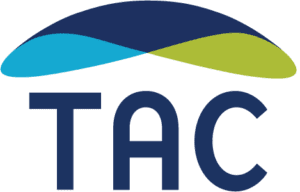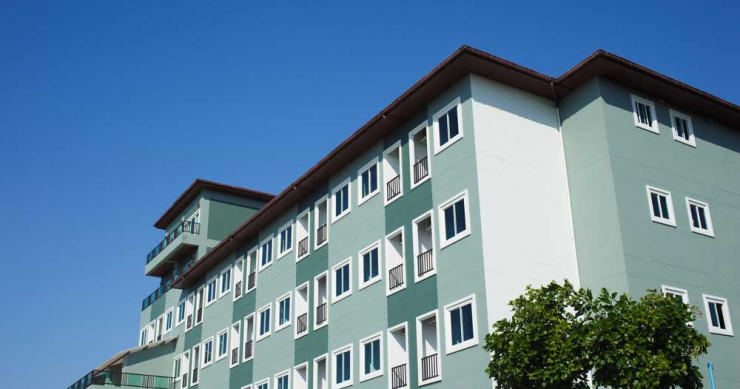A safe, affordable home is physically and emotionally the healthiest place for any individual or family — not only during this crisis, but any time. The U.S. Department of Housing and Urban Development’s (HUD) targeted voucher programs can help people with disabilities (including those who are experiencing homelessness, at risk of homelessness, or living in nursing facilities or other institutions) move into an affordable apartment in the community. TAC’s comprehensive database of Housing Choice Vouchers (HCVs) targeted to people with disabilities has been updated this month to reflect new awards from HUD.
Recent events make it clearer than ever that housing equals health. TAC hopes this database of HUD resources will help to improve the health and housing situation for you or those you serve.
How can the database be useful during this crisis?
This is a difficult time for many local public housing agencies (PHAs); administering voucher programs remotely is challenging. However, HUD has recently issued COVID-19 statutory waivers that strongly encourage PHAs to conduct critical operations that can be done remotely, and that help families use vouchers to lease-up safe, affordable housing.
The database provides information about programs targeted to specific populations:
- Mainstream vouchers are Housing Choice Vouchers targeted to non-elderly persons with disabilities. HUD made awards of these vouchers in 2018 and 2019, and is expected to make additional awards this year. In recent funding rounds, PHAs were strongly encouraged to target these vouchers to non-elderly people with disabilities who were homeless, living institutions, or at risk of either of these situations.
- Nonelderly Disabled (NED) Vouchers assist non-elderly individuals and families with disabilities to access affordable housing on the private market. NED Category 2 vouchers are specifically targeted to non-elderly persons with disabilities who reside in nursing homes or other health care institutions to transition into the community.
- The HUD-Veterans Affairs Supportive Housing (VASH) program combines rental assistance for homeless Veterans with case management and clinical services provided by the Department of Veterans Affairs (VA). The VA’s HUD-VASH staff prioritize and select Veteran households for a HUD-VASH voucher and refer the Veteran to the local PHA. (Note that to be eligible for VASH, Veterans must be homeless but do not have to have a disability.)
- The Family Unification Program (FUP) provides rental assistance for two populations: (1) Families for whom the lack of adequate housing is a primary factor in the imminent placement of the family’s child or children in out-of-home care, or the delay in the discharge of the child or children to the family from out-of-home care. (2) Youth ages 18 to 24 who have left or will be leaving foster care.
Aren’t all these vouchers already in use?
There is a broad range of utilization across these programs. HUD’s data for the end of December 2019 indicates that some PHAs had leased 100 percent of their units while others had leased none of their units. That means that thousands of vouchers across these different targeted programs remained available at the end of 2019. While HUD reports increasing utilization of Mainstream vouchers, each PHA will differ — so the possibility is worth exploring.
How can I find out whether these vouchers are available in my community?
To find out which agencies administer these vouchers in your community, select your state in the online TAC Database, and look for your specific area. If you learn that your community does have a special voucher program, use the data on page six of the HUD HCV Data Dashboard to check your PHA’s recent voucher utilization rate.
What if all the vouchers in my community are already in use?
Public housing agencies are required to maintain a single waiting list for the HCV program. Even if the waiting list is generally closed, it may be open for a specific voucher type. Contact your PHA to ask how to apply for the special voucher program. For HUD-VASH, contact the HUD-VASH staff at your local VA facility to find out how a Veteran would apply.



